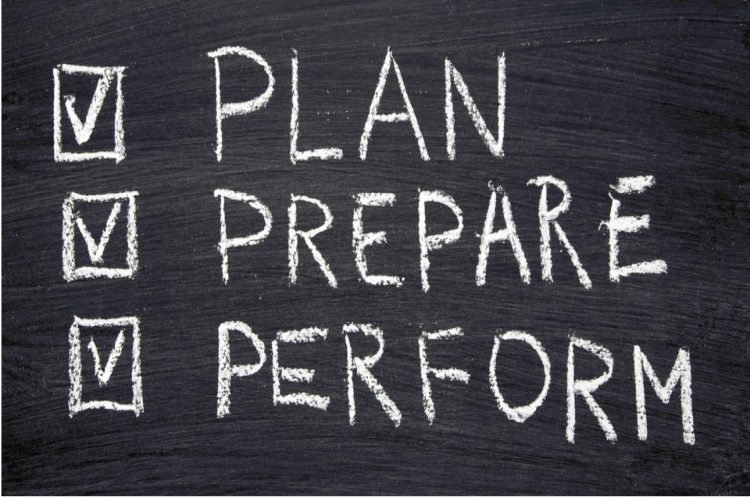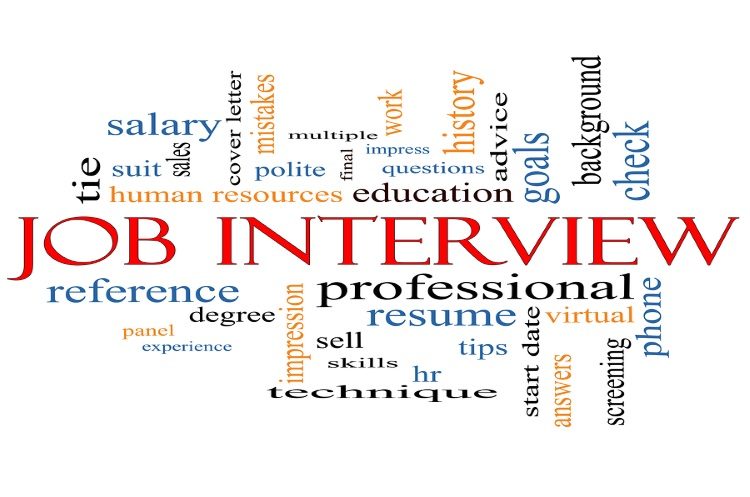5 powerful strategies that help graduates integrate into a skilled workforce
Access to fresh, new talent often sets businesses apart and is key to the success of business. However, graduates who are new to the workplace often lack the skills needed to perform during the early years of transition into employment.
In a study entitled “Adaptation challenges faced by graduates in South African Multinational organisations”, reports that the manner in which graduates prepare themselves to become employable and retainable in organisations relies on their qualifications, knowledge, values, cognitive and technical skills. These are the same areas which enable graduates to adapt to and become successful in the organisations they are employed in.
The report also reveals that in order for graduates to cope with the strains of the workplace, it is the duty of employers to provide sufficient “induction and on-boarding, training, mentorship and continuous managerial support.” Receiving support from the organisation provides graduates with a sense of guidance to handle the challenges which arise in the workplace. It also enables the long-term synergy and functioning of the organisation.
These are the strategies organisations should implement in order to integrate graduates into the organisation:
1. Graduates need support
Graduates are defined by their energy and optimism, and know that with the right support, they can achieve anything. When it comes to learning, many graduates have specific needs and expectations. They generally respond well to mentoring provided by older employees, but also prefer to learn by doing rather than being told what to do.
2. Graduates expect feedback
Regular, detailed feedback is one of the greatest traits which graduates appreciate from their employers. Companies that have been very effective in managing their graduates are those that understand the importance of setting clear goals, as well as providing regular, structured feedback.
Read: How to give feedback and empower your team
3. Graduates need continuous learning
When entering an organisation for the first time, graduates want to spend a majority of their time developing their skills and gaining new experiences. They look forward to the organisation providing them with continuous learning. In order to meet this need, organistions need to offer excellent training and development programmes which will give graduates confidence in knowing that their expectations are recognised and can be met. The best development programmes provide a combination of “classroom instructions, self-directed study, coaching and group learning.”
4. Provide a graduate-friendly environment
Graduates excel in environments which offer a level of comfortability and creativity. While they may be prepared to work hard, they do not want to be restricted to a bland cubicle. Instead, they expect an engaging environment that offers an atmosphere that offers a balance of work and life.
5. Organisations seek for opportunities to successfully integrate graduates into the workplace…
This is the reason why Careers24 has partnered with the 2016 Future of HR Summit and Awards. The event aims to address the transformation of the HR function in the South African business. Their aim is twofold:
“The Future of HR Summit will address the exciting transformation of the HR function in the business environment, forecast trends for 2016, share innovative and strategic approaches to overcoming challenges, discuss practical methods of employee engagement, talent acquisition, and empowering leadership, and provide thought provoking content, and unique networking opportunities.”
“The Future of HR Awards seek to recognise South Africa’s most influential participants of people management strategies, leadership and innovation. It identifies business pioneers, highlighting their accolades for the world to see. The Awards brings South Africa’s icons from business and government together.”
source: www.careers24.com
Read more




